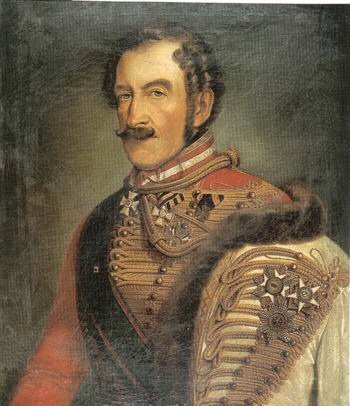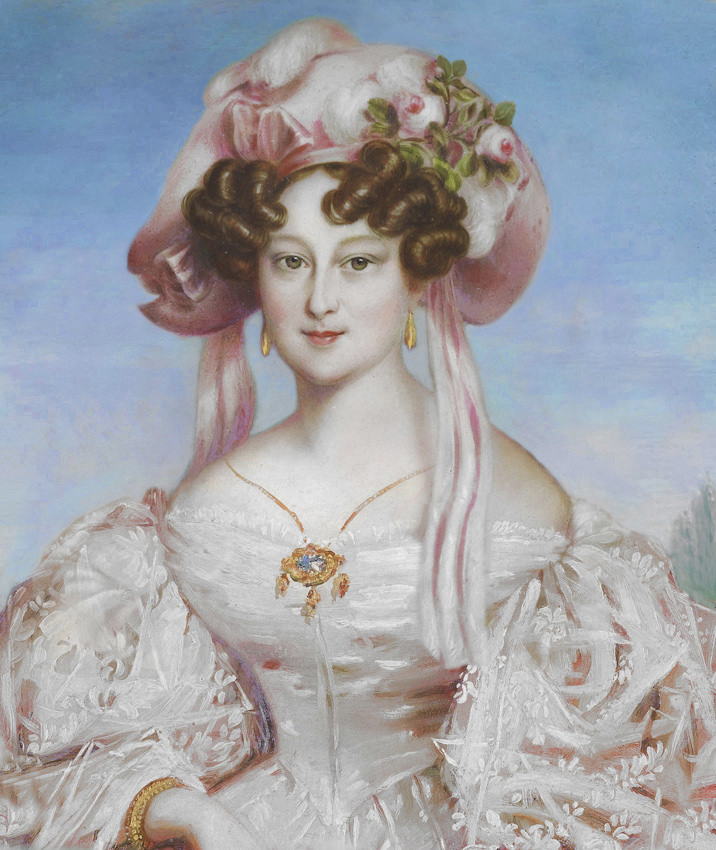The Princely House of Liechtenstein, a sovereign state nestled in the heart of Europe, has been a subject of fascination for many. With a rich history dating back to the 12th century, the House has played a significant role in shaping the course of European politics and culture. As we delve into the current state of the Princely House of Liechtenstein, we find ourselves at the crossroads of tradition and modernity, where the weight of legacy meets the demands of the contemporary world.
From the grandeur of its palaces to the intricacies of its diplomatic relations, the Princely House of Liechtenstein is a microcosm of the complexities that define European history. As we explore the current state of the House, we will examine the ways in which it continues to evolve while honoring its heritage. This article aims to provide an objective and informative overview of the current state of the Princely House of Liechtenstein, highlighting both its enduring traditions and its innovative approaches to the challenges of the modern era.
what is the current state of the princely house of
The current state of the Princely House of Liechtenstein is characterized by a rich history spanning over 600 years, with 122 living members. The House is headed by H.S.H. Prince Hans-Adam II, who has ceded the affairs of state to his first-born son and designated heir to the throne, H.S.H. Hereditary Prince Alois. This continuity and stability are crucial to the Principality of Liechtenstein, which has been sovereign for 300 years.who is the current head of the princely house of liechtenstein
The current head of the Princely House of Liechtenstein is H.S.H. Prince Hans-Adam II.what is the history of the princely house of liechtenstein
The Princely House of Liechtenstein has a rich history spanning over 900 years, dating back to the 12th century. The name Liechtenstein was first mentioned in about 1136, and the uninterrupted family line began with Heinrich I von Liechtenstein, who died in 1265/66. The family's history is marked by significant events such as the acquisition of vast estates in Austria and the former Bohemian lands, their rise to become one of the most influential families at the Habsburg Imperial Court, and their entrepreneurial success in various sectors. The family's values, including respect, cordiality, entrepreneurial commitment, a long-term perspective, and a relentless pursuit of quality and improvement, have been crucial to their longevity and wealth transmission. Today, the Princely House of Liechtenstein comprises 122 living members and is headed by H.S.H. Prince Hans-Adam II, who has ceded the affairs of state to his first-born son and designated heir to the throne, H.S.H. Hereditary Prince Alois. |
| King Simeon II and Queen Margarita of Bulgaria with Princess Marie-Louise. |
On 5 May 2015, King Simeon II issued an ukase from Vrana Palace. In this document, the king ceded the title of Fürstin von Kohary, with the style of Highness, to his sister Princess Marie Louise of Bulgaria.
 |
| Prince Ferdinand of Saxe-Coburg and Gotha. |
 |
| Princess Maria Antonia von Kohary. |
In the ukase, His Majesty made reference to his and his sister's descent from Prince Ferdinand of Saxe-Coburg and Gotha and his wife Princess Maria Antonia von Kohary. Maria Antonia was the only surviving child of Count Ferenc József Koháry de Csábrág et Szitnya and his wife Countess Maria Antonia von Waldstein-Wartenberg. On 15 November 1815, Ferenc József was granted the title Fürst von Kohary by the Emperor of Austria. Two weeks later, on 30 November 1815, Ferenc József's daughter Maria Antonia married Ferdinand of Saxe-Coburg and Gotha, son of Duke Franz of Saxe-Coburg-Saalfeld and Countess Augusta Reuß zu Ebersdorf.
 |
| The wedding of Princess Maria Luisa and Bronislaw Chrobok. Photo (c) King Simeon II. |
His Majesty decreed that the title is hereditary to the descendants of Princess Marie Louise by her second marriage to Bronisław Chrobok, whom she married in 1969. The princess and Mr Chrobok have two children: Alexandra-Nadejda Chrobok (b.1970) and Pawel (Paul) Alastair Antoni Chrobok (b.1972). In 2001, Alexandra Chrobok married Jorge Champalimaud Raposo de Magalhães (b.1970); the couple have three children: Louis Raposo de Magalhães, Jeanne Raposo de Magalhães and Clémentine Raposo de Magalhães. Pawel Chrobok married Ariana Oliver Mas; the couple have two children: Maya Chrobok (b.2015) and Alexander-Ferdinand Chrobok (b.2017). As a result of this ukase, Alexandra Chrobok became Her Highness Alexandra Chrobok, Princess von Kohary, and Pawel Chrobok became His Highness Pawel Chrobok, Prince von Kohary. The grandchildren of Princess Marie Louise by her second marriage presumably also already bear the style and title His/Her Highness Prince(ss) von Kohary.
 |

|
Source: https://www.kingsimeon.bg/wp-content/uploads/2014/11/Nie_Simeon-II_Kohary.pdf
As we conclude our exploration of the Princely House of Liechtenstein, it is evident that this esteemed institution has navigated the complexities of history with remarkable resilience and adaptability. The House Law, which has been in force since 1993, ensures the continuity of the Princely House by regulating the hereditary succession to the throne and the age of majority and guardianship. This unwavering commitment to tradition and stability is a testament to the enduring legacy of the Princely House of Liechtenstein, which has been a cornerstone of European history for nearly 900 years. As we reflect on the current state of the House, it is clear that its ability to evolve while honoring its heritage is a key factor in its enduring success.
In conclusion, the Princely House of Liechtenstein is a shining example of the power of tradition and innovation combined. As we look to the future, it is crucial that we continue to draw inspiration from the House's unwavering commitment to its values and its people. The House's ability to balance its rich history with modern approaches to governance and entrepreneurship is a model for other institutions to follow. As we close this chapter on the Princely House of Liechtenstein, we are reminded of the importance of respecting and honoring the past while embracing the challenges and opportunities of the present. We hope that this article has provided a comprehensive overview of the current state of the Princely House of Liechtenstein and has inspired readers to learn more about this remarkable institution.





No comments:
Post a Comment